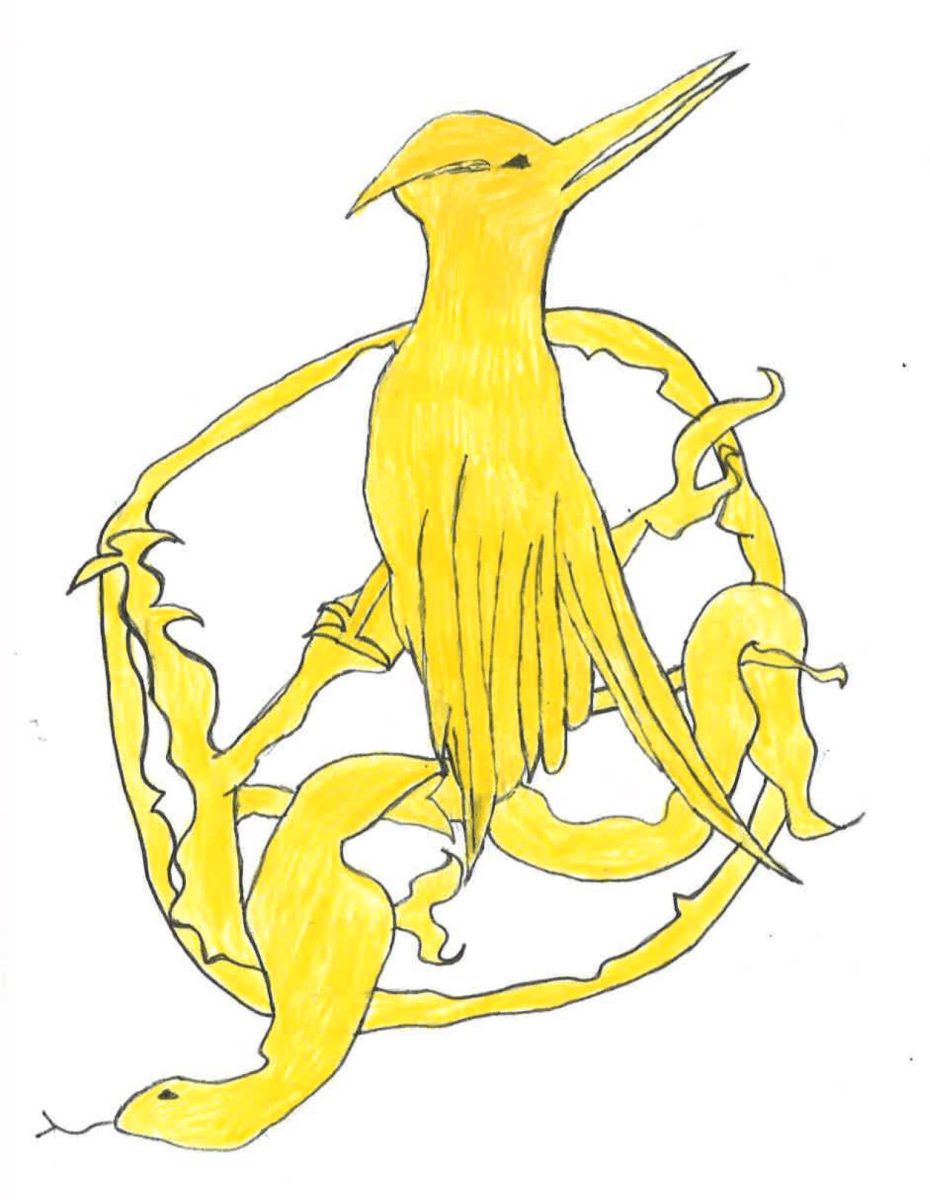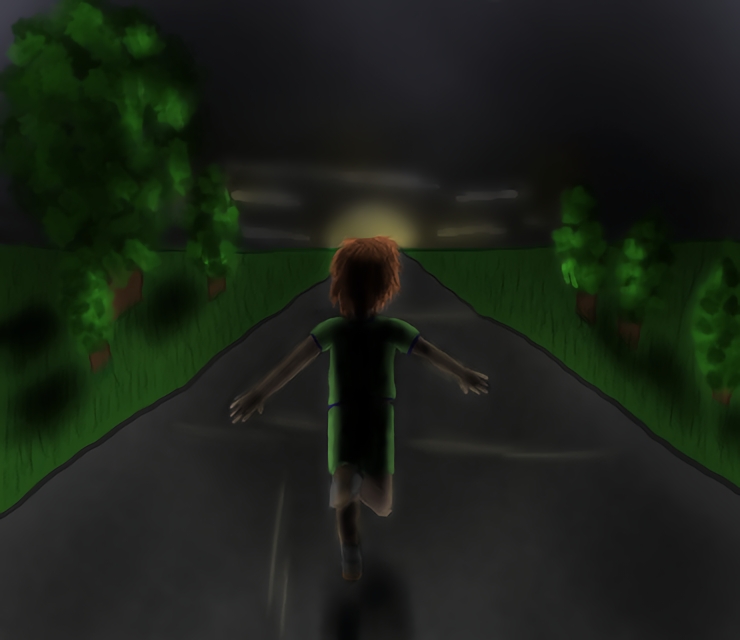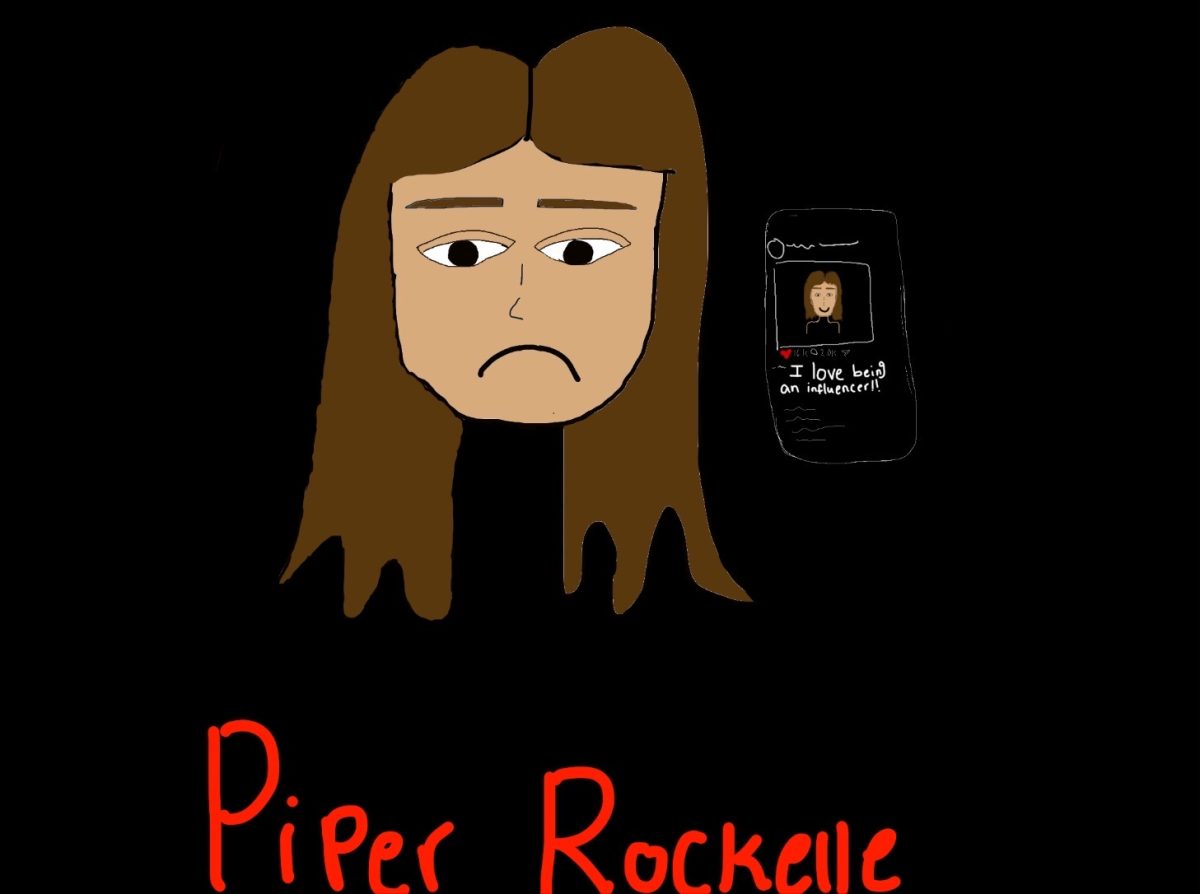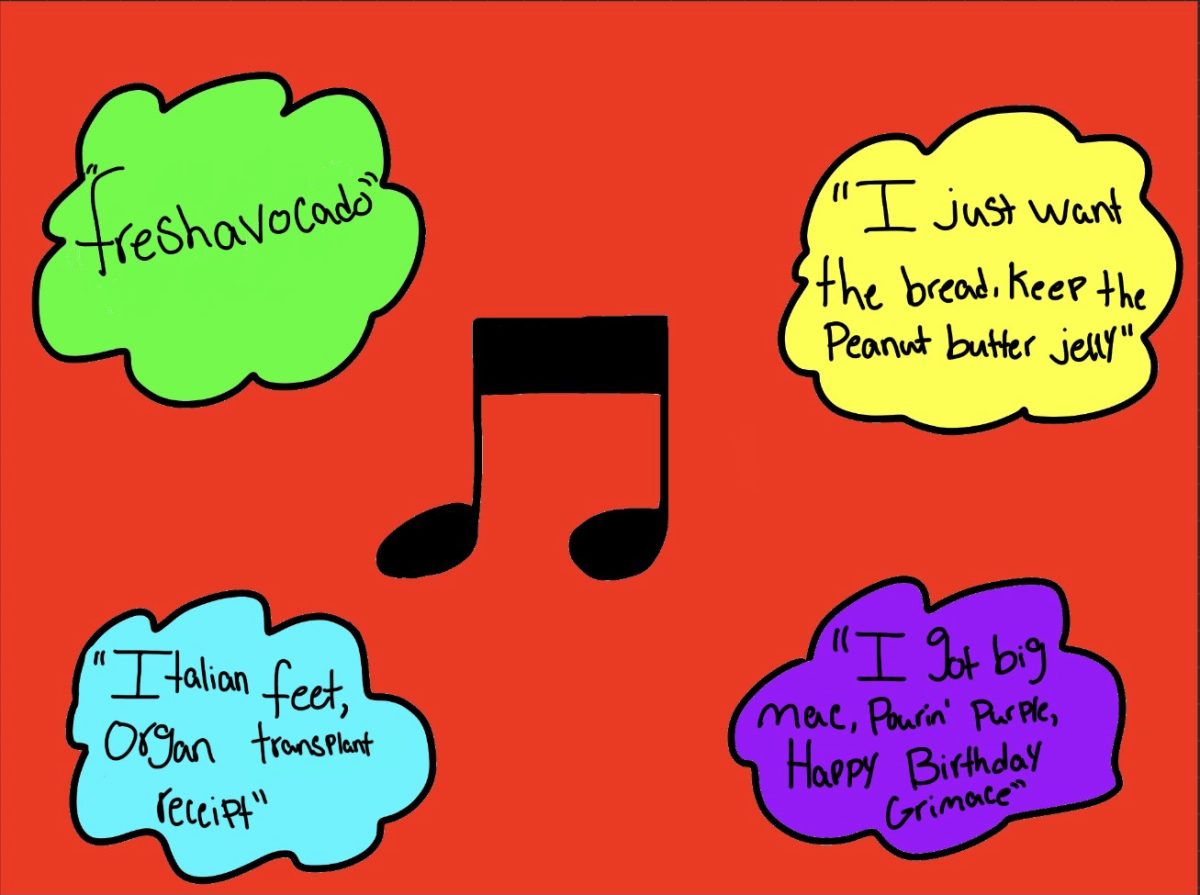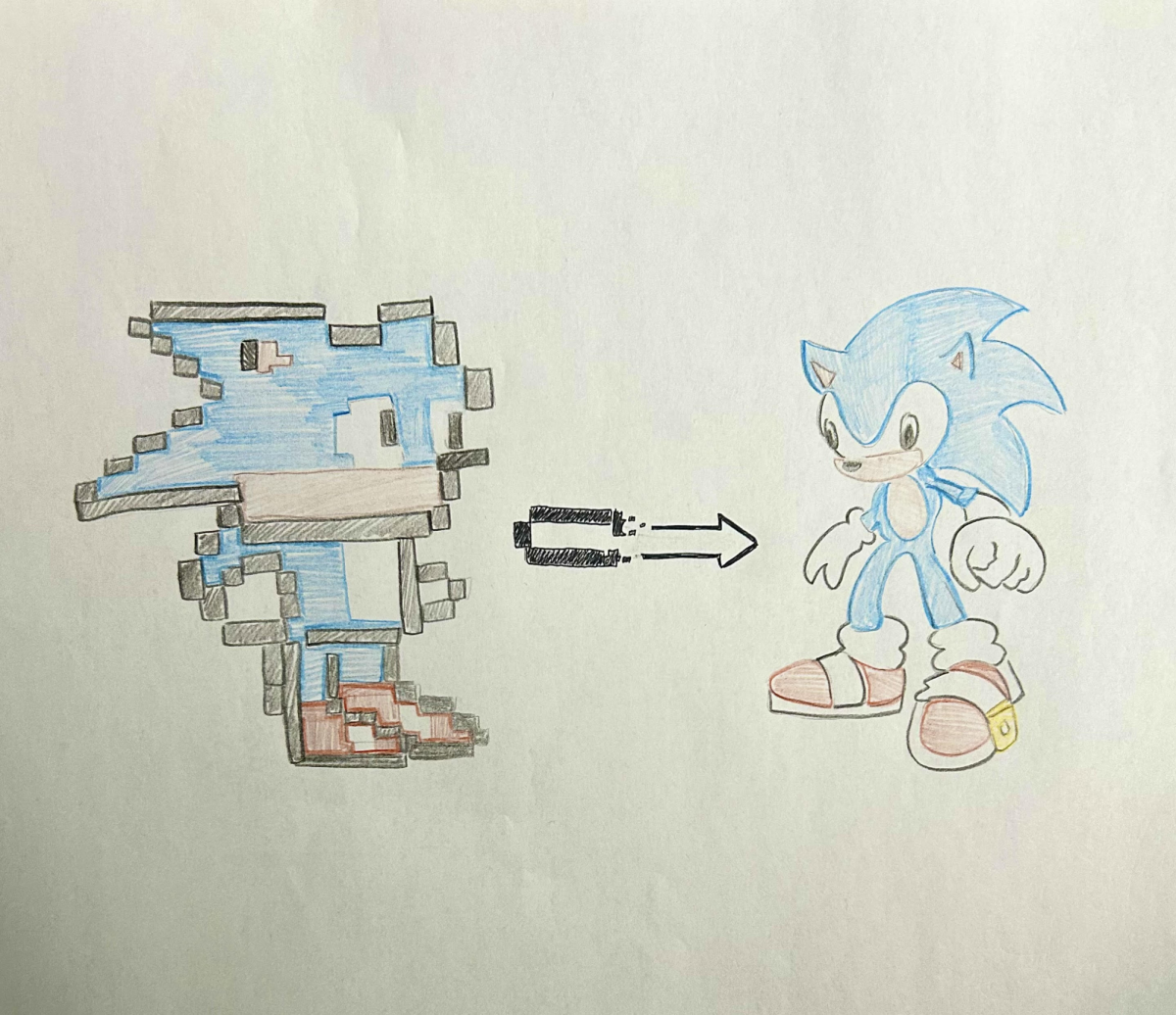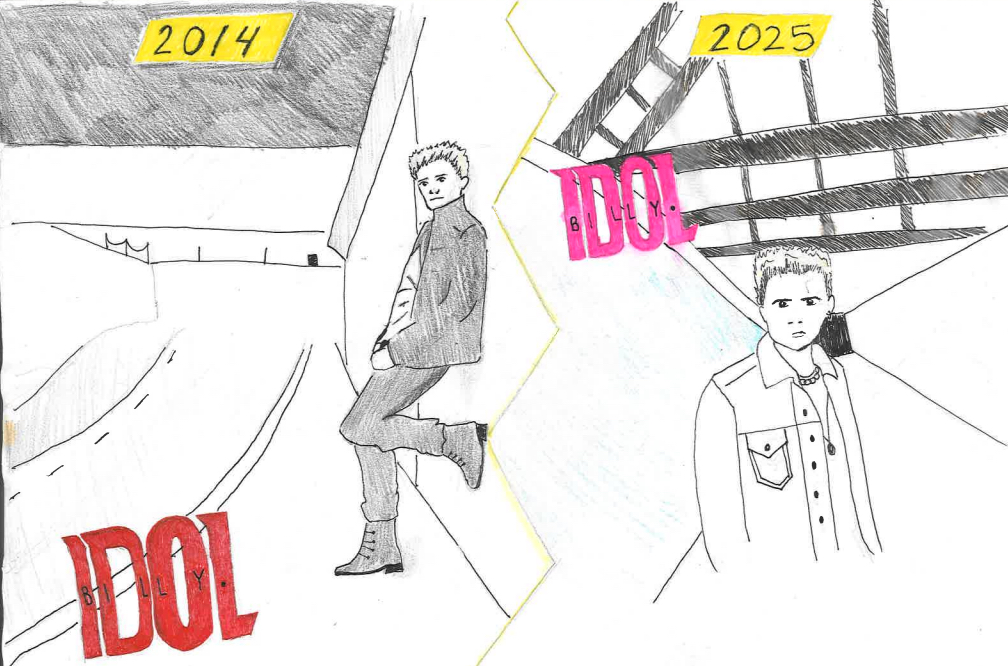“I volunteer as tribute” is a line we’ve all heard from the iconic dystopian “The Hunger Games” franchise, which started as a novel by Suzanne Collins in 2008 and an adapted film series that began in 2012, directed by Gary Ross (“Seabiscuit”). But the story didn’t start with Katniss Everdeen — it actually started 64 years prior with a boy named Coriolanus Snow played by Tom Blyth (Donald Sutherland in the original films), previously seen in “Robin Hood” (2010), and a girl named Lucy-Gray Bird, played by Rachel Zegler, previously seen in “West Side Story” (2021). On November 17 of last year, Lionsgate released the highly anticipated “The Hunger Games: The Ballad of Songbirds and Snakes”, which serves as a prequel to the long fan-favorite franchise. The first three movies were released almost a decade ago, but dedicated fans like myself would’ve waited even longer just to see this brilliant new adaptation.
Coriolanus Snow is a student at The Academy in the renowned Capitol of Panem, just 10 years after the Dark Days, or the collapse of the previous regime. The Hunger Games is an annual ceremony where two tributes from each district are picked to fight to the death for all of Panem’s nation to watch as entertainment. This serves as punishment for the districts for rebelling against the Capitol during the “Dark Days” because, of course, it makes logical sense to punish children in extremities for something their ancestors did. With the 10th annual “Hunger Games” approaching, viewership has drastically decreased, so this year, Academy students are picked to mentor tributes. Coriolanus Snow is practically broke, and there is a potential cash prize for the mentor whose tribute wins the game, so he does everything in his power to make his tribute: Lucy Gray-Bird win. But that’s not all to the story.
“I really enjoyed this movie because it shows why Snow did what he did,” Rahma Ali (10) said. “And [it also explained] how everything unraveled, leading to the original movies.”
The movie is split into three main segments: “The Mentor”, “The Prize” and “The Peacekeeper”. Each part dives deep and reveals Snow’s background and his relationship with Lucy-Gray Bird and their relationship with the Capital. It’s very interesting how director Francis Lawrence (“I Am Legend”) chose to format the movie’s structure nearly exactly like the book.
Lucy and Coriolanus were an important part of Panem’s history, even though many tried to squash Lucy’s presence, especially Coriolanus Snow. Lucy’s singing set her apart from the rest of the tributes and her songs lived on for many generations, like “The Hanging Tree” from Katniss Everdeen’s (played by Jennifer Lawrence) era. Katniss was (spoiler alert for anyone unfamiliar with the ending of “Mockingjay: Part 2”) among the last people to play in the Hunger Games because she led a rebellion to abolish the system entirely, inspired by those who came before her like Lucy.
A graceful perspective of the movie is the intentional use of Katniss as a kind of future foil to Lucy. Lucy is portrayed in “Songbirds” as a performer forced to hunt, while Katniss was seen as a hunter forced to perform. Despite this distinction, both female characters make waves in their society against a patriarch like Coriolanus is very empowering and sends an extremely important message to us about history and defiance.
In the book, Coriolanus’s inner monologue is an important part of the story, but we don’t see that implemented in the movies. Collins explored many topics and points in the prequel, but what did the audience take from it? Was it the beginning of the despicable man Corlianus Snow would slowly come to be or the story of a girl who was just another of the Capitol’s pawns? Lucy realizes she deserves her own life where she gets to follow her dreams and sing her songs. The Capitol, and Coriolanus, taking that away ignites a rebellion within her.
“Sadly, I don’t think Snow really loved her — I think he just loved power,” Neyan Kamil (10) said. “ [I] loved Lucy’s spirit and how she wasn’t going to let Snow control her.”
Many aspects connect Katniss and Lucy, and “Songbirds” shows how small events that happened years ago affect generations to come. It took 75 years for the Hunger Games to be abolished, and many more to rebuild cities and lives. Everything happens for a reason, and although we cannot go back and change the past, we can look at our past mistakes and learn how to not repeat them. All things considered, “The Hunger Games: The Ballad of Songbirds and Snakes” does a phenomenal job of teaching fans new and old a little about Panem history — and even our own.


